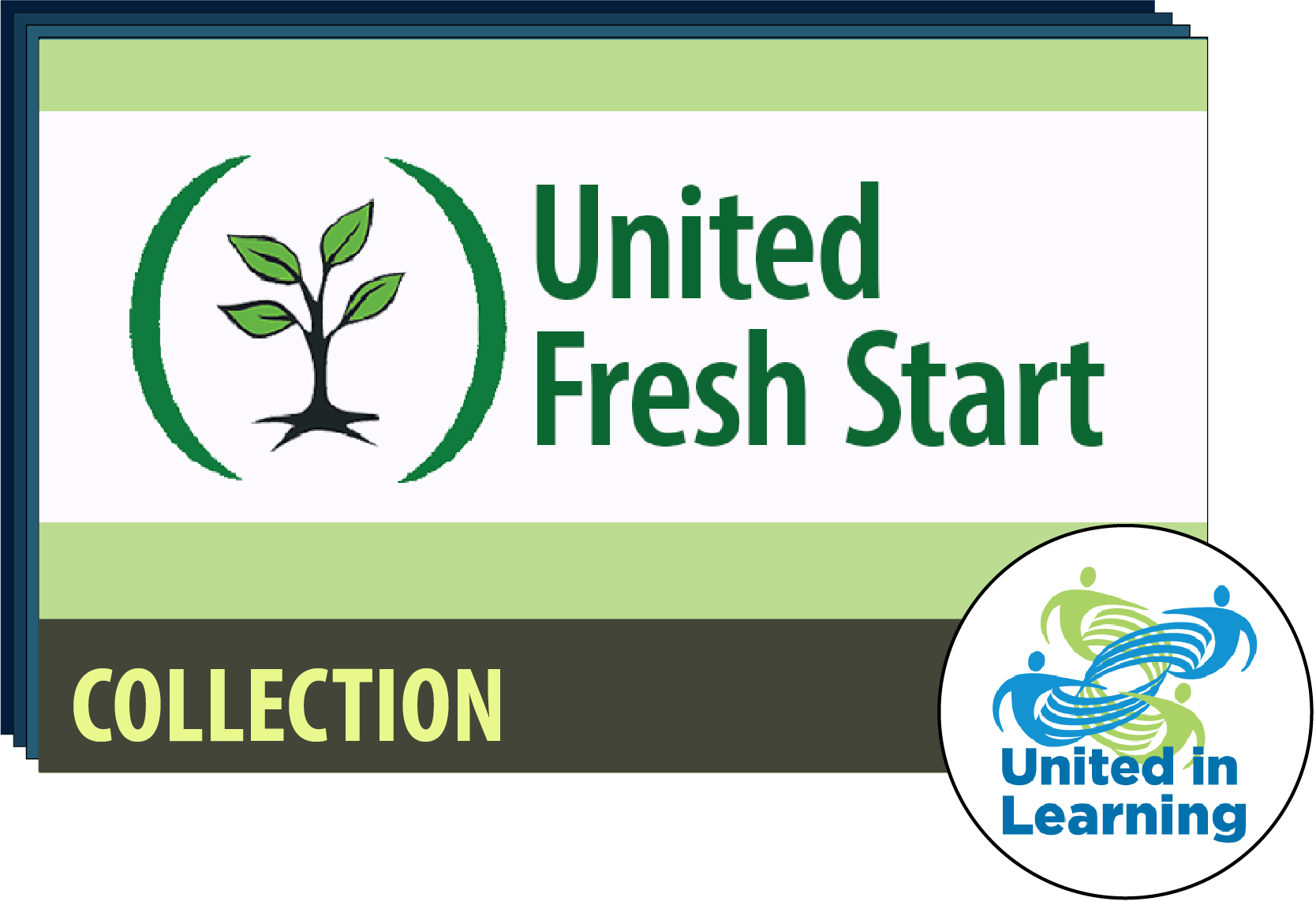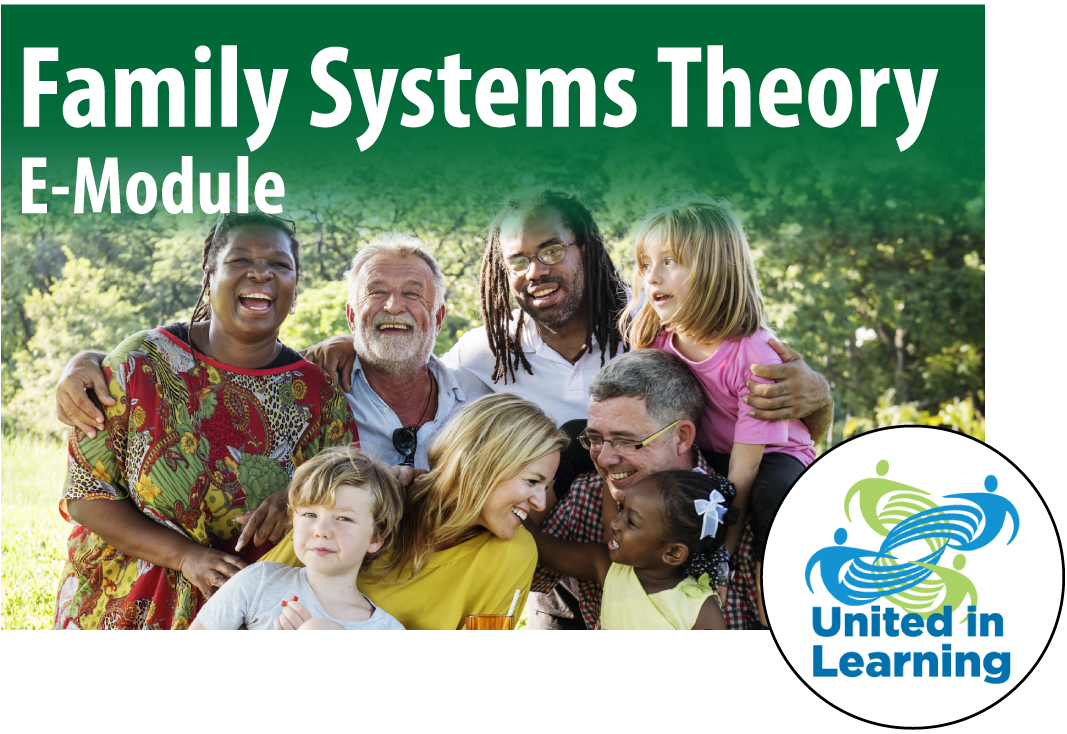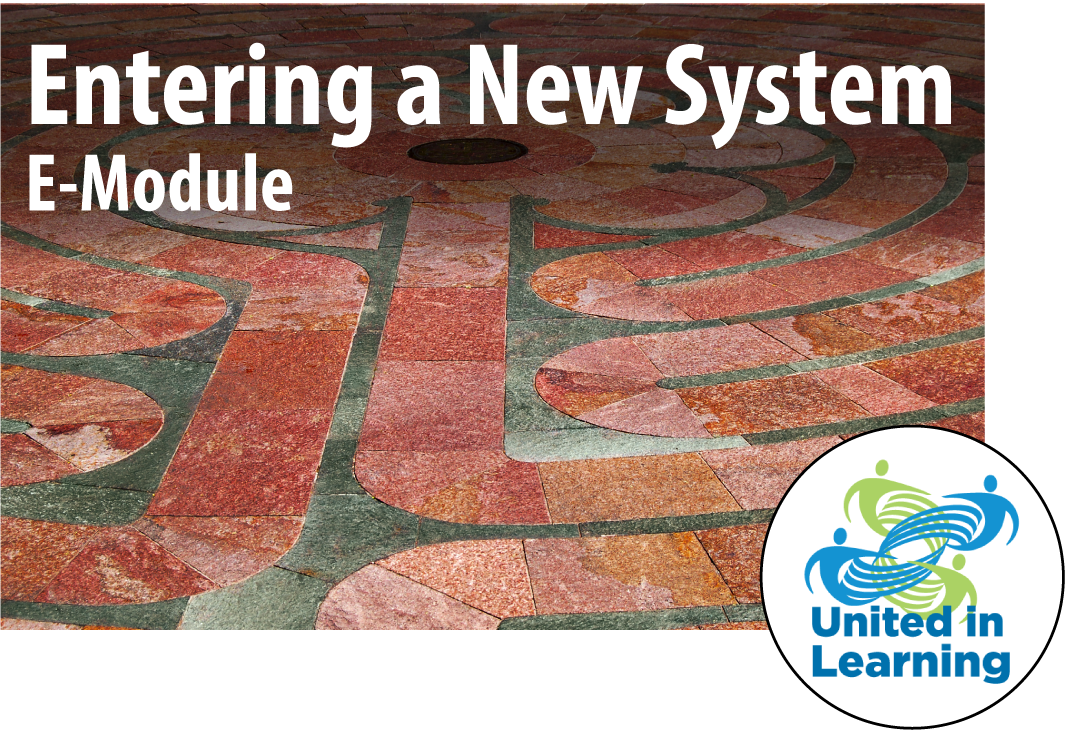
United Fresh Start
 What Is United Fresh Start?
What Is United Fresh Start?
For many years, the General Council Office has been paying attention to the well-being of ministry personnel and attempting to understand what causes ministers to feel isolated and demoralized. The Isolation in Ministry study conducted by the General Council indicated a strong correlation between 1) the relationship between the minister and the congregation and 2) the degree to which ministers experience burnout, depression, anxiety and stress. In other words, the stronger the pastoral relationship between ministers and the congregation as a whole, the healthier and more effective ministry personnel will be.
United Fresh Start is a 24-module curriculum that teaches ministers and congregational leaders critical strategies for working effectively together. The program can help create a fresh start for the pastoral relationship and prepare you for effective mission and ministry together. It contains proven methods based on the work of organizational leadership experts and is based on a program developed by the Episcopal Church over the past 25 years. The program covers key topics, such as:
- entering new systems
- conflict management
- family systems theory
- polarity management
- church size theory
- adaptive leadership
United Fresh Start helps to create a fresh start for the pastoral relationship and prepares you for effective mission and ministry together. Trained United Fresh Start facilitators are available from your regional council to lead conversations based on one piece/module of the United Fresh Start curriculum.
Together, ministry personnel and congregations can explore gain a mutual understanding of:
Leadership Expectations ~Role Clarity ~ Use of Power and Authority
United Fresh Start for Your Community of Faith
Modified versions of three United Fresh Start modules are currently available on CHURCHx, all designed to help a new pastoral relationship begin well, without requiring the presence of a trained facilitator to lead the conversation. Although several United Fresh Start eModules can be used to equip congregations to be effective in the face of any adaptive challenge, the program is ideally suited for new pastoral relationships:
- Entering a New System: This eModule helps participants understand that communities of faith are living systems and that the way new people enter the system can have a substantial impact on their ministry. This module provides some tools for new leaders and their communities of faith to get to know each other, and learn about the community of faith’s history, culture and expectations.
- Family Systems Theory - The Community of Faith as a System: A clear understanding of Family Systems Theory can help ministry personnel and communities of faith be more self-aware and self-differentiating; to be better equipped to identify those in the community of faith with good leadership skills; and to better recognize and deal with anxiety in the system.
- Transition: Understanding the difference between change and transition will help participants recognize individual and group dynamics in times of change and equip them to respond accordingly.
Since the primary intention of United Fresh Start is to give Community of Faith leaders a common framework and common language about key leadership issues, the design of the eModules is to enable conversation and co-learning. They are not intended to be used in isolation. Therefore, we suggest different possible models for using them:
- Create a cohort of participants in your community of faith or region to work through the eModule individually and then follow up with a conversation using a video conferencing platform. Reflections are included to form the basis of group discussion.
- Create a cohort of participants in your community of faith or region who work through the eModule individually and then meet in person to discuss the content of the eModule.
- Create a cohort of participants in your community of faith or region who gather in person and watch the videos on a large screen, pausing at the points where there is a reflection to complete and discuss.
We recommend that you engage the eModules in community. However, where that is not possible, there is still value in working through the modules on your own.
More eModules will become available in 2024.


